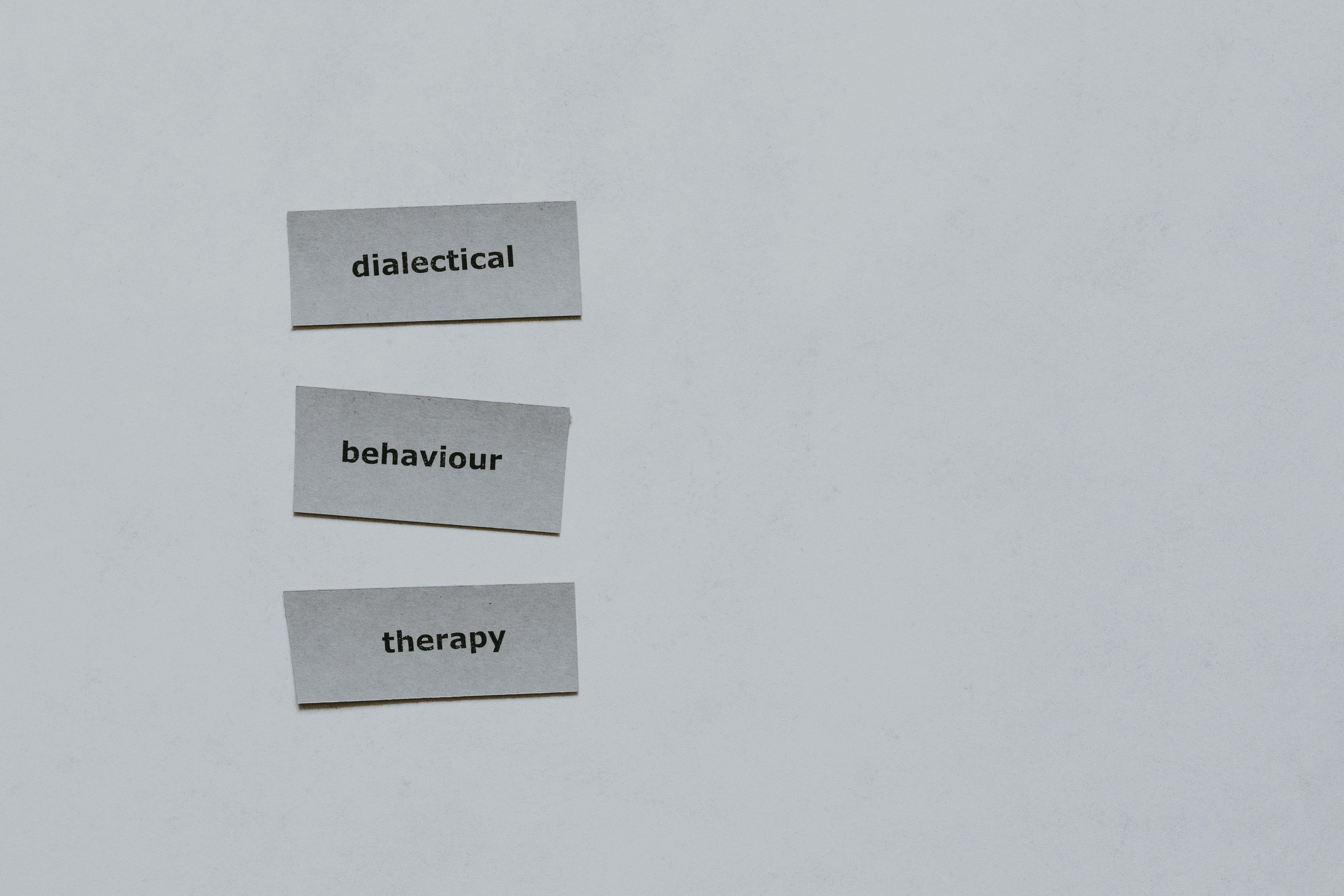In the intricate dance of dating, where first impressions often set the stage for potential connections, the ability to discern genuine intentions from manipulative behavior becomes an essential skill. Picture a dimly lit restaurant, the soft hum of conversation, and the tantalizing aroma of a shared meal. It’s a scene ripe with possibilities, yet beneath the surface of charming smiles and engaging stories, subtle signs of manipulation may lurk. Understanding these signals not only safeguards your emotional well-being but also empowers you to navigate the dating world with confidence and clarity. In this article, we delve into the nuanced art of spotting manipulative behavior on a date, equipping you with the insights needed to foster healthier, more authentic relationships.
Recognizing Red Flags Subtle Signs of Control
In the delicate dance of dating, it can be challenging to identify the often subtle cues of manipulative behavior. Control doesn’t always present itself with overt dominance; instead, it can manifest in less obvious ways. Watch for attempts to isolate you from friends or family, often disguised as a need for more intimate, private time together. Notice if they often dismiss your opinions or feelings, even in seemingly small ways, like laughing off your favorite movie choices or undermining your career aspirations. These actions, while subtle, can be indicators of a desire to steer the relationship dynamics.
- Inconsistency in Communication: Do they bombard you with messages one day and go silent the next? This erratic behavior can be a tool to keep you on edge.
- Excessive Jealousy: A little jealousy is normal, but constant questioning about your whereabouts or company can be a sign of control.
- Guilt-Tripping: Pay attention if they frequently use phrases like “If you really cared about me, you would…” to influence your actions.
These signs can blend into the background of a burgeoning relationship, but acknowledging them is crucial for maintaining your emotional well-being and ensuring a healthy, respectful connection.

Decoding Emotional Tactics Identifying Guilt-Tripping
In the intricate dance of emotions that can unfold during a date, guilt-tripping is a subtle yet powerful maneuver to be aware of. It often disguises itself in a cloak of concern or disappointment, designed to elicit feelings of responsibility or regret. Understanding the signs can empower you to recognize and navigate this emotional tactic effectively.
- Passive-Aggressive Comments: These might sound like, “I guess I’ll just sit here alone while you enjoy your time,” implying that your actions are causing them distress.
- Victimization: Statements such as, “I always seem to be the one who cares more,” aim to make you feel guilty for perceived imbalances in effort or affection.
- Emotional Withholding: If they suddenly become cold or distant without explanation, hoping you’ll chase after them with apologies or reassurance, this could be a sign of guilt-tripping.
By identifying these tactics, you can maintain a balanced perspective and ensure that the connection remains genuine and free from undue emotional pressure.

Understanding the Power of Silence When Communication Becomes a Tool
Silence can often be more telling than words, especially when communication is wielded as a tool for manipulation. Understanding the nuanced power of silence can help you discern when it is being used to control or influence the dynamics of a conversation. Silence may be employed strategically to unsettle, create a power imbalance, or force you into speaking more than intended.
Here are some scenarios where silence might indicate manipulation:
- Intentional Pauses: If your date frequently pauses in conversation, it might be a tactic to make you feel uneasy or to pressure you into filling the silence with more information than you’re comfortable sharing.
- Withholding Responses: When they consistently choose not to respond to questions or comments, it can be a way to make you doubt yourself or to establish a sense of superiority.
- Sudden Silence: Abruptly going silent after a disagreement or discussion can be a passive-aggressive form of punishment, aiming to make you feel guilty or anxious.
Recognizing these patterns can empower you to navigate conversations more effectively, ensuring that communication remains a tool for connection rather than manipulation.

Navigating Boundaries Strategies for Maintaining Your Independence
Understanding when someone is trying to manipulate you can be subtle but essential for maintaining your personal independence. On a date, be mindful of behaviors that might indicate a partner is attempting to control or influence you unreasonably. Watch for signs such as:
- Overstepping personal boundaries: This might include insisting on knowing where you are at all times or trying to control your choices, such as what you eat or wear.
- Gaslighting: This is a form of psychological manipulation where the person tries to make you doubt your perceptions or feelings. If you frequently find yourself questioning your reality after conversations, take note.
- Excessive flattery or guilt-tripping: While compliments are nice, an overload can be a tactic to win you over quickly, just as guilt can be used to make you conform to their wishes.
By recognizing these behaviors early on, you can set clear boundaries and maintain your autonomy, ensuring that your relationships are based on mutual respect and understanding.








